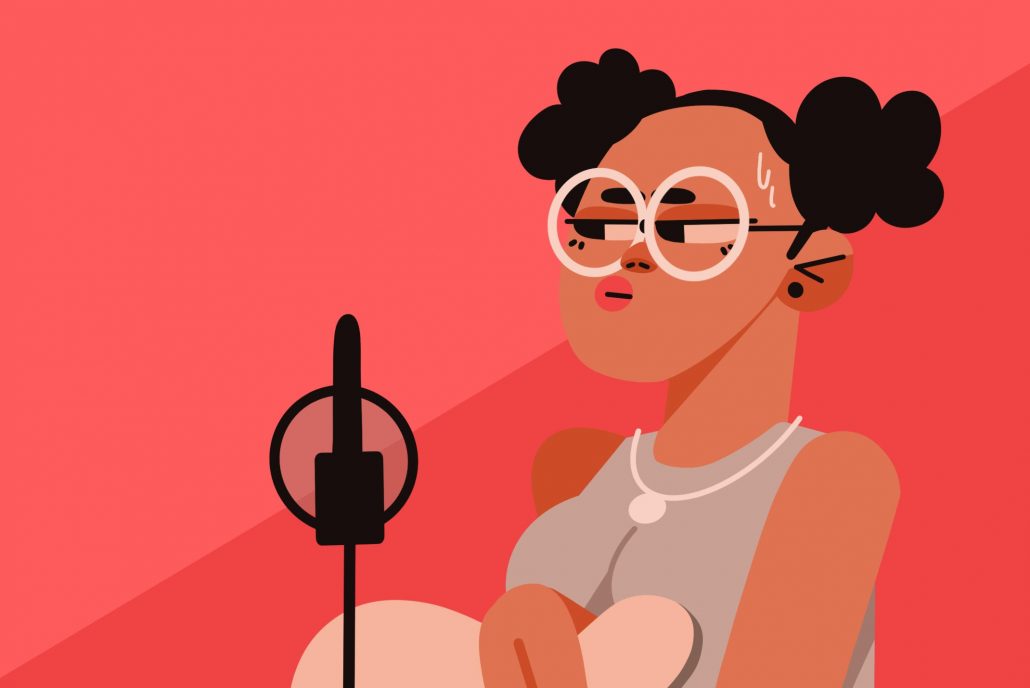Everything but the Song: Celebrities are also affected by mental health issues

Summer Walker gave fans a forewarning during her NPR Tiny Desk performance this past week. “Look, I’m really freaking excited to be here but I have social anxiety like a motherfucker,” Walker shared with the room. “I’m freaking the hell out, I’m sweating, but this is so exciting for me. I watch this show all the time.” Despite the notice, Twitter users found her performance abysmal and commented on her perceived lack of energy.
The R&B songstress isn’t the first artist to publicly speak on mental health or to be criticized for how their mental health condition perpetuates in their artistry. In his book “ZAYN,” former One Direction member Zayn Malik discussed anxiety in conjunction with his rise to fame.
“When I was in One Direction, my anxiety issues were huge, but within the safety net of the band, they were at least manageable,” he said. “As a solo performer, I felt much more exposed, and the psychological stress of performing had just got to be too much for me to handle — at that moment, at least.”
Similarly, “Talk” singer Khalid took to Twitter last year to detail his social anxiety: “Going out in public is a little hard, being recorded non stop, everyone staring at you and shit.”
What is particularly significant about artists such as Walker and Khalid detailing their struggles with mental health is how their experiences redefine how we discuss mental health and people with high visibility.
Struggles with anxiety, along with other mental illnesses, have often been regarded as “white people” issues or a set of experiences only felt by the privileged. But according to the United States Department of Health and Human Services Office of Minority Health, Black adults are 20% more likely to report severe psychological distress than white adults. Black adults are also more likely to have feelings of sadness, hopelessness and worthlessness than adult whites.
What Summer Walker and Khalid experience isn’t unique to them because they are celebrities, but it’s something more common in the daily lives of Black people. The two artists have unintentionally sparked conversations about the struggles of Black people operating in the public sphere. And in support of Summer Walker, many Black women on the internet opened up about their anxiety and depression being disregarded as an attitude problem, as just being angry or standoff-ish.
The facts tell us mental health issues within the Black community are not rare, and we shouldn’t be surprised when artists like Walker are forthcoming about their struggles because similar experiences are woven into the music we love. Think of Kanye’s “I Thought About Killing You,” or a host of songs by Kid Cudi.
Despite this commonality, there is a continued set of expectations placed on artists, particularly Black ones, to consistently show up as “perfect” for the public eye.
Based on previous interviews and performances, Summer Walker has been labeled as rude, boring and unapproachable. And even with knowledge of her anxiety in mind, there is continued criticism of the singer concerning her public persona.
It seems that as fans and consumers, we operate under the assumption that our favorite artists owe us a level of performance and visibility, which isn’t always true. Artists are not robots to be fine-tuned, and neither are they products of large companies and corporations with a return policy to adhere to when something goes astray.
Criticism of Walker is reminiscent of how Amy Winehouse was dissected by the public during her very public struggles with fame. Due to her bulimia and alcohol abuse, she often staggered drunk on stage, and her voice, known for its soul and power, sounded empty. Audiences booed her, concerts were stopped midway and whole tours were canceled — for “health reasons,” according to her management. At the time, tabloids and the media spun her health issues into glamorized celebrity gossip. Her sickness was not met with seriousness or compassion.
Although Walker’s experiences are not wholly parallel to Winehouse’s, their fame impedes on the empathy they receive in a similar fashion. Celebrity dissolves no person from struggling with addiction, anxiety or depression and how that manifests in their work is not something for us to critique or poke fun at.
As society continues to remove the stigma surrounding mental health issues, we must support celebrities and high-profile figures who deal with these issues rather than acting as if they should meet our expectations in light of them.
Ellice Ellis is a senior writing about the music industry and social justice. Her column “Everything but the Song” runs every other Tuesday.

